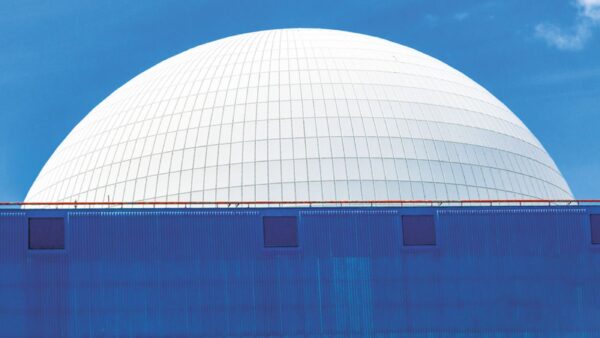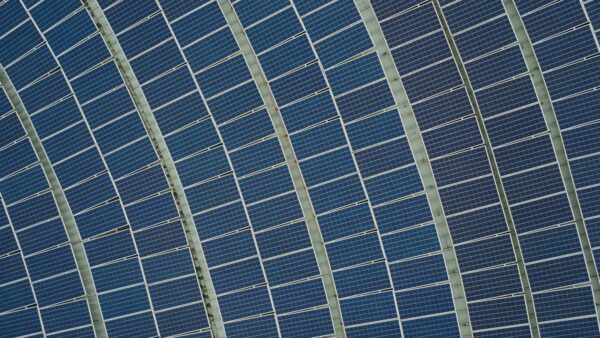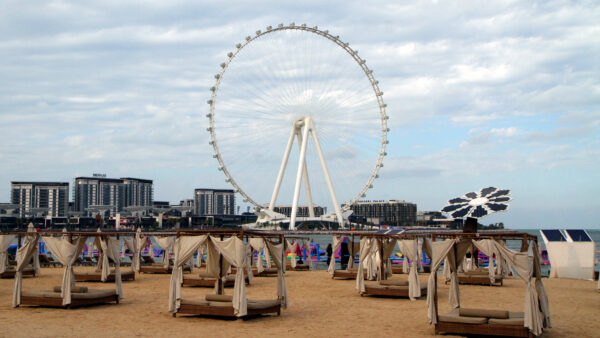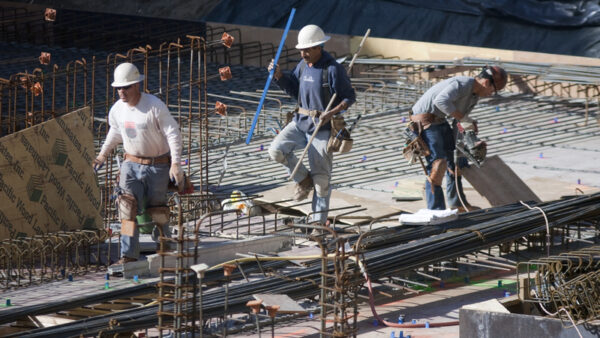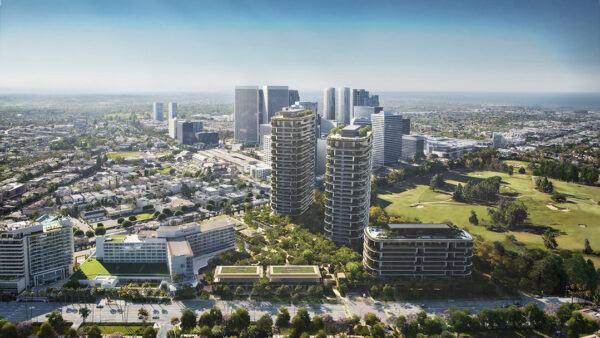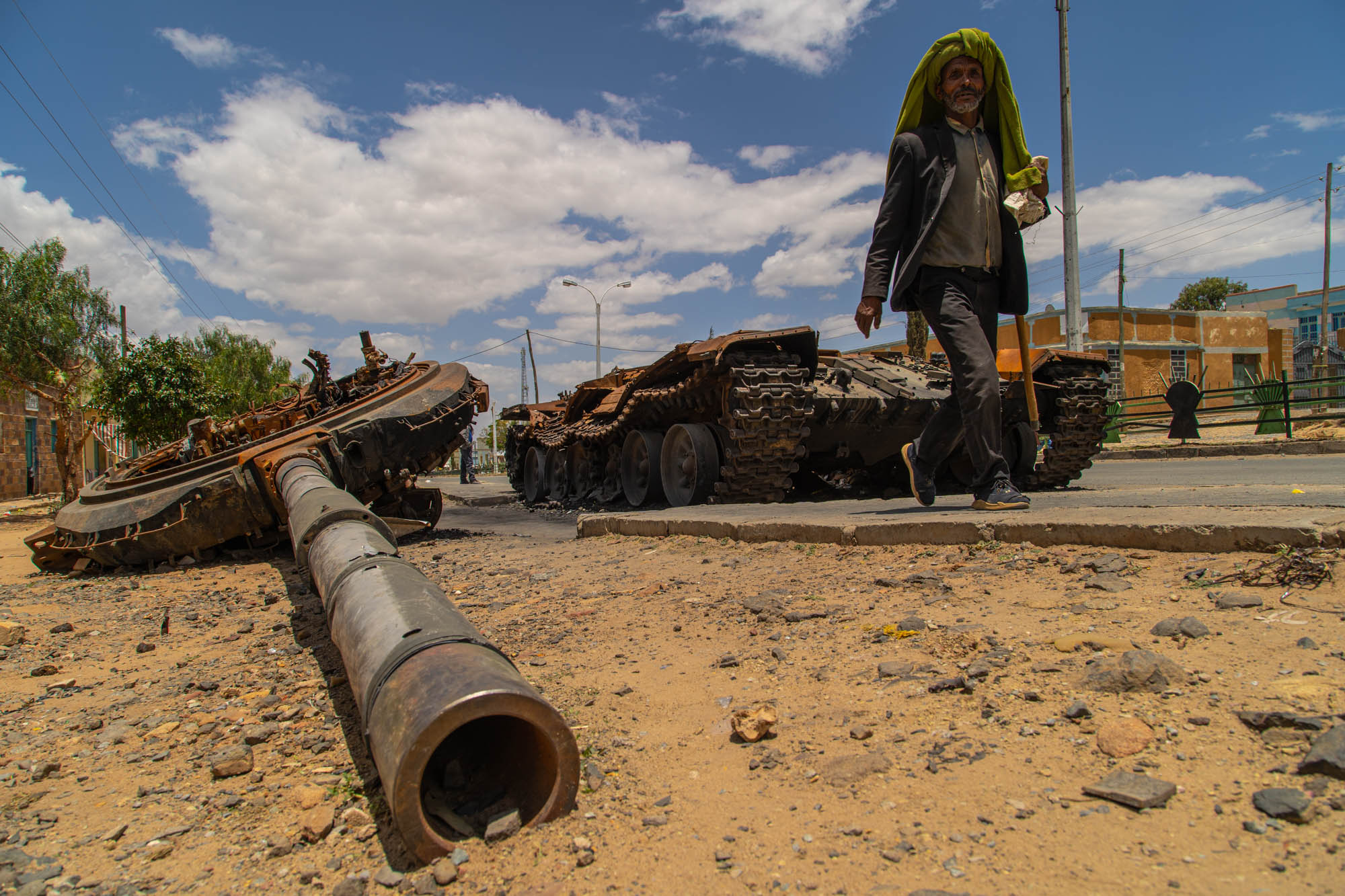
The United Nations has welcomed an unexpected peace deal agreed by the Ethiopian government and the breakaway Tigray People’s Liberation Front (TPLF), but said urgent action was needed to address an ongoing humanitarian crisis.
The deal was signed on 2 November after a week of talks in South Africa facilitated by former Nigerian president Olusegun Obasanjo and former Kenyan president Uhuru Kenyatta, and overseen by the African Union.
If the agreement holds it brings an end to a brutal two-year civil war in Africa’s second most populous country and could mean a return to rapid development seen throughout the 2000s.
UN Secretary-General António Guterres urged “all Ethiopians and the international community to support the bold step”, but warned there were some 5.2 million people in need of humanitarian assistance in Tigray, including 3.8 million who need healthcare.
World Health organisation chief Tedros Adhanom Ghebreyesus said large numbers of people displaced by the war were arriving in Tigray’s regional capital Mekelle.
Thousands have been killed, with allegations of serious human rights violations, including possible war crimes, committed by both sides, the UN noted.
Decade of development
Before tensions between the parties erupted in violence in November 2020, Ethiopia enjoyed a decade of rapid development, with GDP growth surpassing 9% most years.
China has been Ethiopia’s biggest donor and trading partner, with state entities and some private investors earmarking billions of dollars for industrial parks, airports and Ethiopia’s power grid.
The crowning infrastructure achievement came in 2017 with the opening of the 750km electrified standard-gauge railway between the capital Addis Ababa and the neighbouring port city of Djibouti, boosting export prospects for Ethiopia’s rapidly industrialising economy.
In September, the World Bank highlighted the social progress made in Ethiopia over the decade, saying primary school enrolments had quadrupled, child mortality had been cut in half, while the number of people with access to clean water had more than doubled.
It said the war, along with historic drought and other shocks had “severely impacted millions of Ethiopians, jeopardising the economic and social development progress the country has achieved in recent years”.
In June, the IMF predicted Ethiopia’s GDP growth would be 3.8% in 2021-22, warning of “lower agricultural production, a sharp fall in donor financing and intensifying Foreign Exchange (FX) shortages”.

